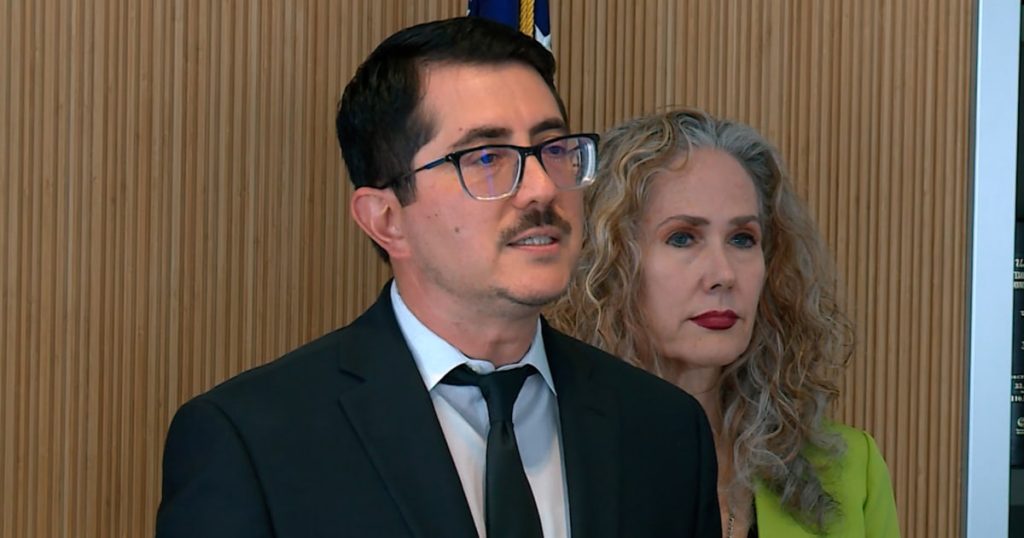The content discusses the impact of social media on mental health, highlighting both the positive and negative effects it can have on individuals. The positive aspects include increased connectivity and communication, as well as access to support groups and mental health resources. However, the negative effects of social media on mental health are also identified, such as cyberbullying, comparisons to others, and the pressure to present a curated and idealized version of one’s life.
Furthermore, the content delves into the addictive nature of social media platforms and their potential to exacerbate existing mental health issues such as anxiety and depression. The constant exposure to curated images and unrealistic standards can lead to feelings of inadequacy and low self-esteem. Additionally, the fear of missing out (FOMO) and the need to constantly check for updates can contribute to feelings of isolation and loneliness.
Moreover, the content explores the role of social media in perpetuating body image issues and promoting unattainable beauty standards. The prevalence of filters and editing tools on social media can distort one’s perception of reality and lead to unhealthy comparisons with others. This can result in a negative impact on self-image and self-worth, as individuals strive to achieve an unattainable level of perfection based on what they see online.
Additionally, the content discusses the link between social media usage and sleep disturbances, as the blue light emitted from screens can disrupt the body’s natural sleep-wake cycle. This can lead to fatigue, irritability, and difficulty concentrating during the day. Moreover, the content highlights the pressure to constantly remain connected and accessible online, which can interfere with one’s ability to truly relax and unwind, further impacting their mental well-being.
Furthermore, the content explores the concept of social comparison theory and how individuals may engage in upward or downward social comparisons on social media platforms. Upward comparisons involve comparing oneself to others who are perceived as better off, leading to feelings of inadequacy and envy. On the other hand, downward comparisons involve comparing oneself to those who are perceived as worse off, which can lead to feelings of superiority but also guilt and shame.
In conclusion, while social media has the potential to positively impact mental health by providing support and connection, it also has negative consequences that can exacerbate existing mental health issues. It is important for individuals to be mindful of their social media usage and its effects on their mental well-being. Seeking professional help and setting boundaries around social media usage can help mitigate the negative impact and promote a healthier relationship with technology. Additionally, promoting authenticity and self-compassion online can help create a more positive and supportive social media environment for all users.


